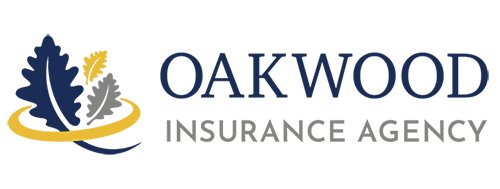General Liability Insurance vs. Professional Liability Insurance: Do You Need Both?
As a business owner, you understand the importance of protecting your company from unexpected events. One of the ways to do this is by purchasing insurance. However, with so many types of coverage available, it can be challenging to determine which policies are necessary for your business. In particular, you may be wondering whether you need commercial general liability insurance, professional liability insurance, or both. In this blog post, we will explore the differences between these two types of coverage and help you determine whether you need both.
What is Commercial General Liability Insurance?
Commercial general liability insurance, also known as CGL insurance, is a policy that protects your business against claims of bodily injury or property damage caused by your products or services. This policy can cover expenses related to legal fees, settlements, and judgments if a third party sues your business for damages.
For example, if a customer slips and falls in your store and they sue your business for medical expenses, commercial general liability insurance can cover those costs.
What is Professional Liability Insurance?
Professional liability insurance, also known as errors and omissions insurance (E&O insurance), is a policy that protects your business against claims of negligence or errors related to the professional services or advice you provide. This type of coverage is essential for businesses that provide services such as consulting, construction, accounting, or legal services. Any business that provides advice to clients needs professional liability insurance.
For example, if a client sues your business for financial damages resulting from your professional advice, professional liability insurance can cover the costs of the lawsuit.
Do You Need Both?
Whether you need both commercial general liability insurance and professional liability insurance depends on the nature of your business. If you provide professional services to clients, you should consider purchasing professional liability insurance. This policy can protect your business against claims of negligence or errors related to your professional services, which are not covered by commercial general liability insurance.
However, even if you don’t provide professional services, you may still benefit from having both types of insurance. Commercial general liability insurance can protect your business against claims of bodily injury or property damage caused by your products or services. This type of coverage is essential for businesses that sell products or operate in a physical location, such as a retail store or restaurant.
In some cases, you may be required to purchase both types of insurance by law or contract. For example, if you rent commercial property, your landlord may require you to carry both commercial general liability insurance and professional liability insurance.
Commercial general liability insurance and professional liability insurance are two essential types of coverage that can protect your business against unexpected events. While professional liability insurance is essential for businesses that provide professional services, commercial general liability insurance is necessary for all businesses that sell products or operate in a physical location. Ultimately, the decision of whether you need both types of insurance depends on the nature of your business and your specific risks. Speak with an insurance agent or broker to determine the best coverage for your business.
Personal service combined with depth of knowledge in the insurance marketplace, and access to a wide range of carriers is the combination of factors that sets Oakwood Insurance apart from its competitors. We not only work in the north metro, but it’s also our home. We strive to support the vibrancy and growth of this community. We want it to thrive, and we want you to thrive. We will review your insurance coverage and help you understand what you have and ensure that it’s the best fit for your goals.

